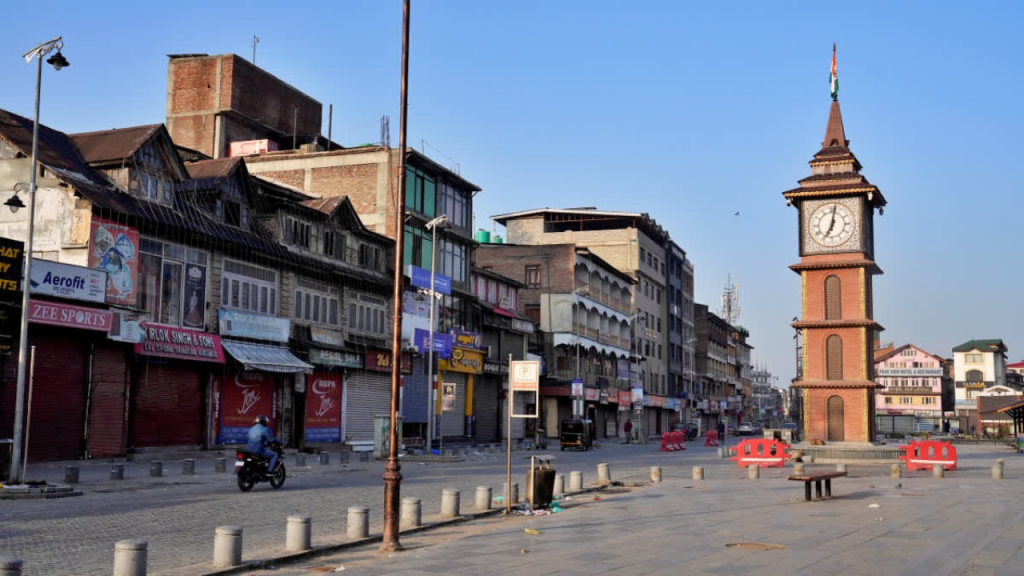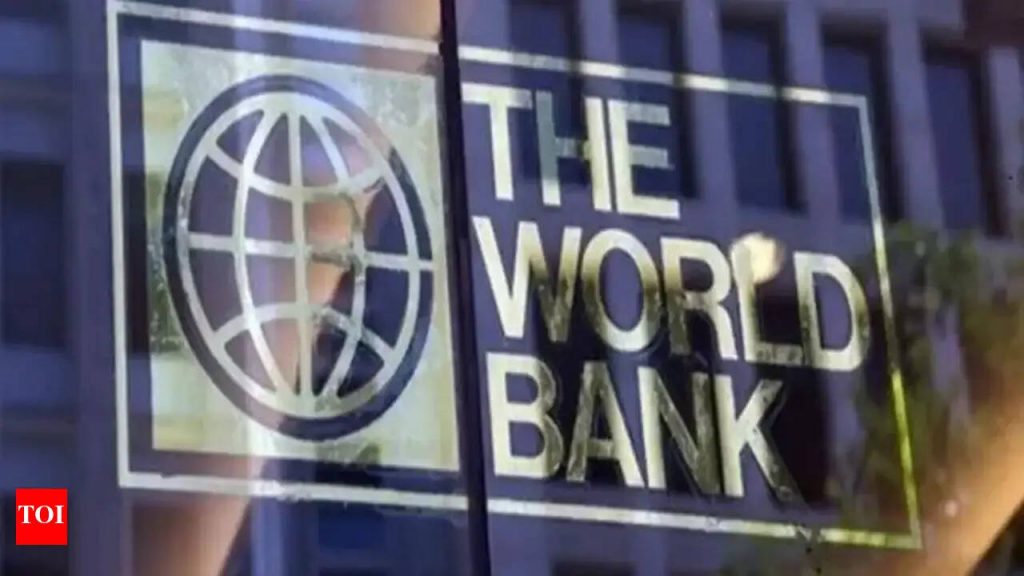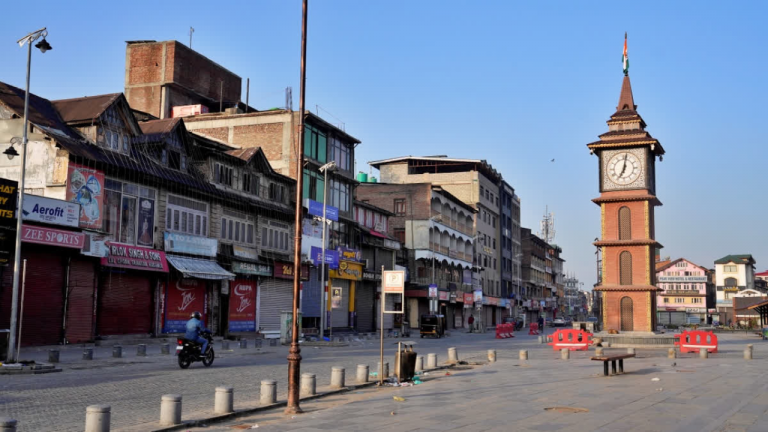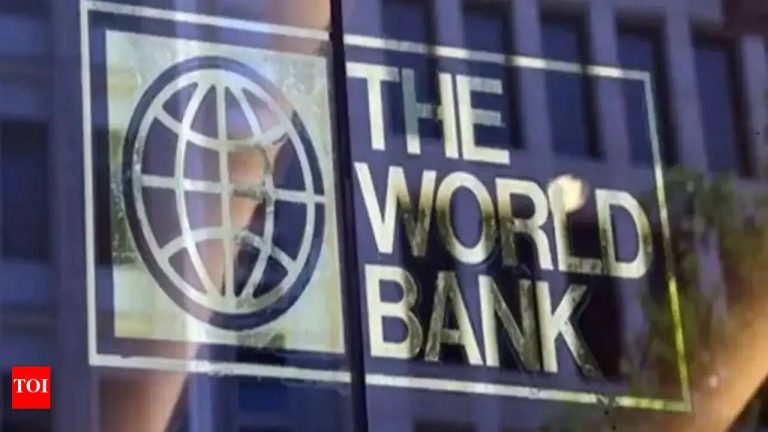In the wake of the abrogation of Article 370, terrorist organizations such as Lashkar-e-Taiba (LeT) and Jaish-e-Mohammed (JeM) have undergone a strategic rebranding, now operating under the names The Resistance Front (TRF) and Pakistan-Affiliated Militants (PAFF). This transformation is a calculated move to conceal their extremist agendas and portray themselves as legitimate actors in what they term as a ‘freedom struggle’. By adopting these new identities, the groups hope to avoid international sanctions, attract support from Western human rights organizations, and bolster their ranks in the face of heightened scrutiny and operations by Indian security forces. The rebranding reflects a sophisticated propaganda effort to manipulate narratives and perceptions, blurring the lines between terrorism and self-determination. It also underscores the fluid and adaptive nature of terrorism, where groups constantly evolve their tactics and messaging to suit changing geopolitical landscapes. The emergence of TRF and PAFF signals a dangerous trend in the region, where terrorist outfits are increasingly resorting to subterfuge and misinformation to further their violent objectives. As the security situation in Jammu and Kashmir remains volatile, it is crucial for authorities to remain vigilant against these tactics and continue efforts to dismantle the infrastructure that sustains such groups. The rechristening of LeT and JeM serves as a stark reminder of the ongoing threat posed by terrorism in India and the need for sustained international cooperation to combat this menace effectively.
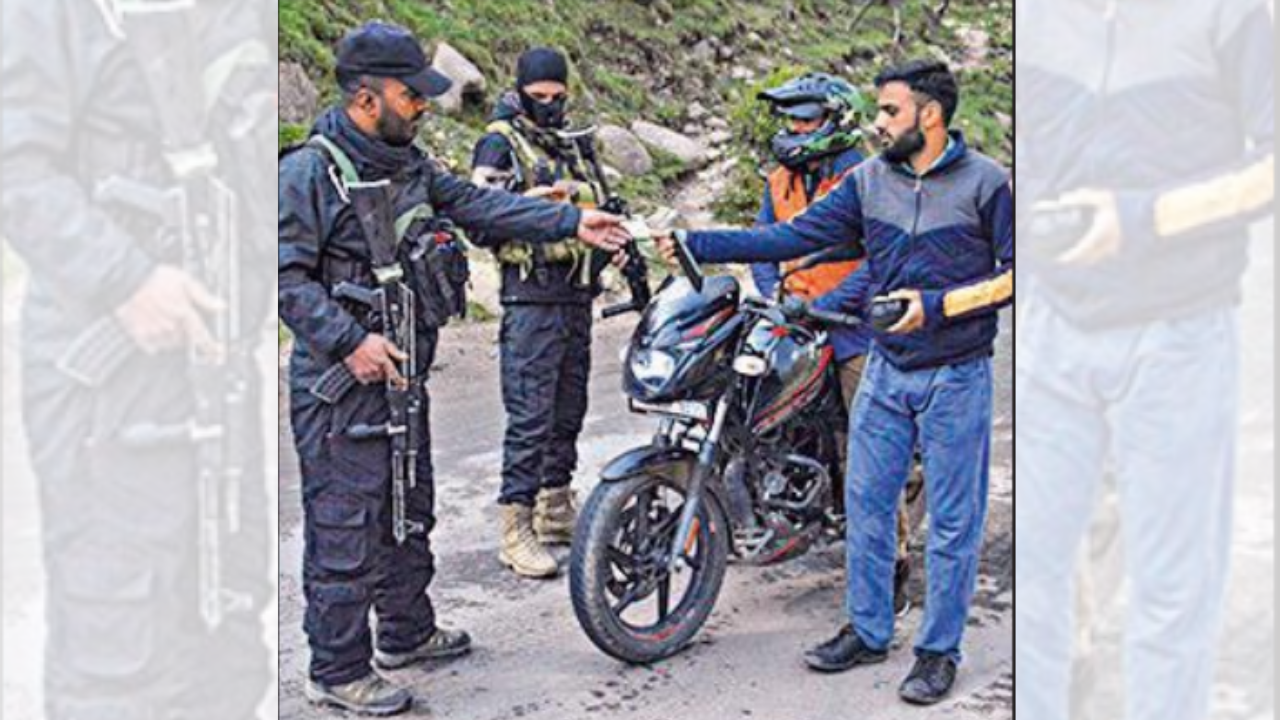
Posted in
JUST IN
“Terror groups rebrand as TRF and PAFF post-Article 370 repeal to mask jihadist ideology and gain support.”
In Trend

“India suspends Indus Waters Treaty, disrupting Pakistan’s water supply; plans water projects for long-term control.”









